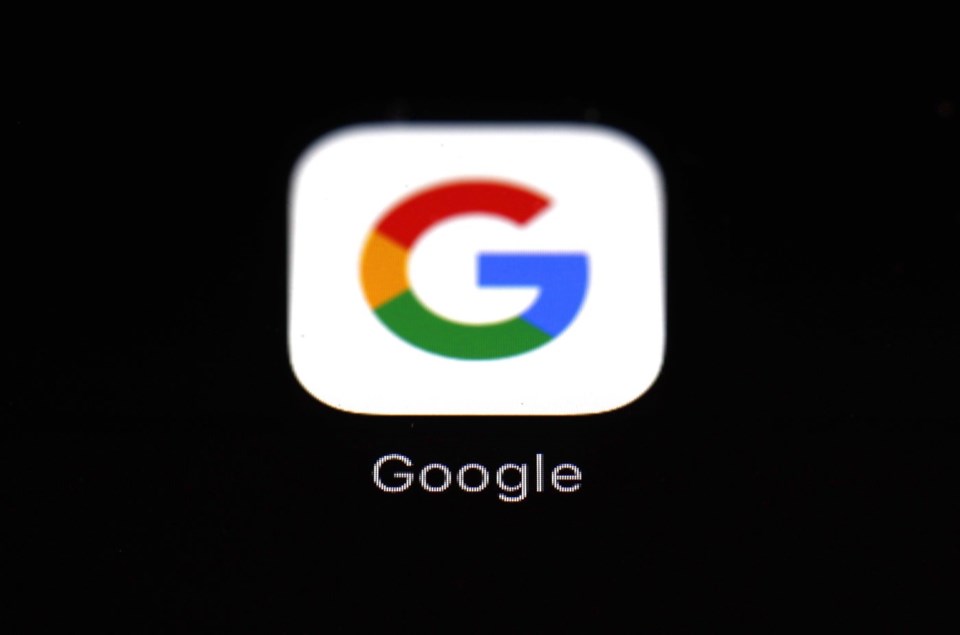TORONTO — Canada’s competition watchdog says it will fight a constitutional challenge from Google in a case alleging the tech giant abused its dominant position in the online advertising market.
Filings made in the case this month say the Competition Bureau will ask the Competition Tribunal to strike Google's proposed motion to proceed with a constitutional challenge because the commissioner feels it is "premature" and "without merit."
Constitutional challenges question acts that could violate someone's rights or freedoms and often end up being precedent-setting.
Google's challenge takes aim at the monetary penalty the bureau is asking the tech company pay, if it is found to have abused its dominant position in online advertising.
The penalty the bureau is proposing will either be three times the value of the benefit derived from Google’s allegedly anticompetitive practices or, "if that amount cannot be reasonably determined," three per cent of Google’s annual worldwide gross revenues.
Google thinks the penalty would be extraordinary and unprecedented.
"Depending on the way it is calculated, the financial penalty sought by the commissioner could be measured in the billions of dollars if Google were found liable," the tech company said in its filing.
"That financial penalty could dwarf the profits Google generates in Canada in the relevant markets and is completely disproportionate to any conduct at issue in the commissioner’s application that may have been engaged in at or in relation to Canada."
Google argues the penalties violate the company's entitlements under the Canadian Charter of Rights and Freedoms, necessitating a constitutional challenge.
Some of the parts of the charter it pointed to in particular declare that everyone has the right to life, liberty and security along with the right not to be subjected to "unreasonable search or seizure."
But the Competition Bureau disagrees. It called Google's plan to launch a challenge flawed because what the company could pay is ultimately up to a tribunal, which hasn't even determined whether Google has abused its position.
"In effect, Google seeks to have the tribunal rule that its rights have been breached on the basis of a hypothetical possibility, rather than an actual breach," the bureau's filing said.
The battle over a possible constitutional challenge is the latest development in a case that began in November, when the bureau started suing Google.
It claimed Google unlawfully tied together its ad tech tools — DoubleClick for Publishers, AdX, Display & Video 360 and Google Ad — to maintain its market dominance.
It estimated the tools that help manage ad inventory, facilitate purchases or act as an intermediary between buyers and sellers gave Google a market share of 90 per cent in publisher ad servers. It believes the company controls 70 per cent of advertiser networks, 60 per cent in demand-side platforms and 50 per cent in ad exchanges.
That dominance has discouraged competition from rivals, stifled innovation, inflated advertising costs and reduced publisher revenues, the bureau claimed.
To mitigate these issues, it wants the tribunal to order Google to sell its publisher ad server, DoubleClick for Publishers, and its ad exchange, AdX.
When the lawsuit was filed, Dan Taylor, Google's vice-president of global ads, said the bureau's complaint "ignores the intense competition where ad buyers and sellers have plenty of choice."
This report by The Canadian Press was first published May 28, 2025.
Tara Deschamps, The Canadian Press



